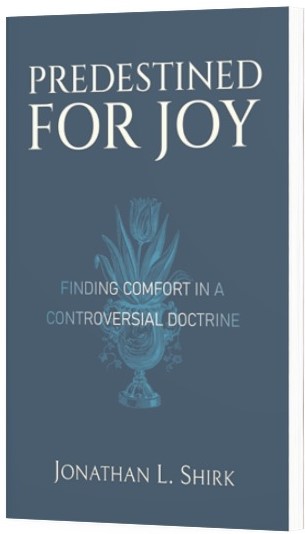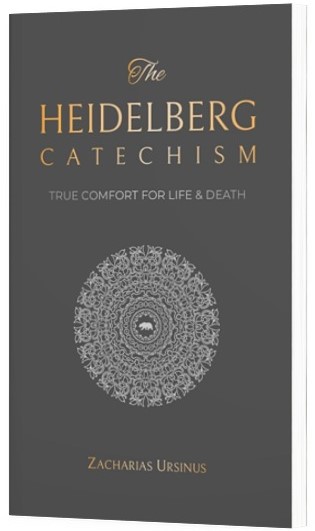My wife Kristina is an immeasurably gracious and wonderful gift to me. God kindly brought her into my life about 27 years ago and gave her to me as my wife almost 20 years ago. She has enriched my life in countless ways, and I’m grateful and honored to be hers, to be close to her, to walk the path of life with her. And as I tell you this, I want to confess something. I sometimes look to Kristina to validate me or to certify that I’m worth something. Now, you might not think it’s bad...
Sometimes marriage can seem overwhelming and complicated. We may ask ourselves sometimes, “Why isn’t my marriage working better?” It’s kind of like running. Some days you cruise along feeling energetic and invigorated. Other days your feet feel heavy, and you feel drained. What makes the difference? Well, maybe you’re dehydrated, or you’ve been eating junk, or maybe you’re just off. Marriage can be like that. However, there are some tweaks you can make to improve your...
THIS CONTENT HAS BEEN REMOVED On Thursday, November 2, I released an episode titled “Secular Counseling vs. the Sufficiency of Christ & His Word.” It was part of my series titled “A Marriage Made in Heidelberg.” I removed the episode from my podcast as well as the transcript here. Listen to my explanation in the above SPECIAL episode.
“Also Jeshua, Bani, Sherebiah, Jamin, Akkub, Shabbethai, Hodiah, Maaseiah, Kelita, Azariah, Jozabad, Hanan, Pelaiah, the Levites, helped the people to understand the Law, while the people remained in their places. 8 They read from the book, from the Law of God, clearly, and they gave the sense, so that the people understood the reading.” It makes little sense to me to argue against creeds. There are Christians who foolishly state, “No creed but Christ” or “No...
When I was single, especially in my twenties, I really wanted to get married. I grew up believing that dating was for the purpose of finding a spouse, and so I was on a quest to find a wife. My quest ended on August 7, 2004. In some ways, I think I made marriage an idol. I still do. Don’t get me wrong, a spouse is a blessing from God, a wonderful gift from God to be thoroughly enjoyed. It is right and good to enjoy your spouse. However, your spouse is not the solution to your biggest...
Last episode I gave you a truth that will provide you immense comfort, fortitude, strength, and thankfulness in marriage if you believe it. Here’s the truth again: Your loving heavenly Father will sustain you in marriage and work your marriage for your ultimate good. Oh, that you would believe that. When you confess, “I believe in God the Father almighty, Maker of heaven and earth,” you are confessing the truth that God will preserve, protect, and provide for you in your marriage. Can...
“When you want to help people, you tell them the truth. When you want to help yourself, you tell them what they want to hear.” – Thomas Sowell
Before we get rolling, if you are being abused in your marriage, either physically—which includes sexually—or emotionally, you should act immediately. If you’re in immediate danger, fly to a safe place and get help. If you are being abused, I recommend several options. If you go to a healthy church with godly shepherds, tell your elders about the abuse so they can protect and help you. You can also reach out to a Biblical counselor through CCEF.org or biblicalcounseling.com. Another...

A Marriage Made in Heidelberg (11): Have You Ever Thought about How Trinitarianism Can Help Your Marriage?
Marriage.com addressed 25 common marriage problems, each of which creates pain in marriage. Here are nine of them. I think you’ll resonate with them. Selfish Behavior – Do your desires, opinions, ambitions, hobbies, and more get in the way of your marriage? Communication Problems – Do you really listen to your spouse? Are you committed to understanding them? Do you realize that others including your spouse may not understand what you’re feeling or trying to say...
Last time I posed two questions: What is true faith and what is the gospel? We defined true faith as: a sure knowledge whereby I accept as true all that God has revealed to us in His Word. At the same time, it is a firm confidence that not only to others but also to me, God has granted forgiveness of sins, everlasting righteousness, and salvation, out of mere grace, only for the sake of Christ’s merits. (HC 21) And the origin of this faith is “the Holy Spirit [who] works [true...












